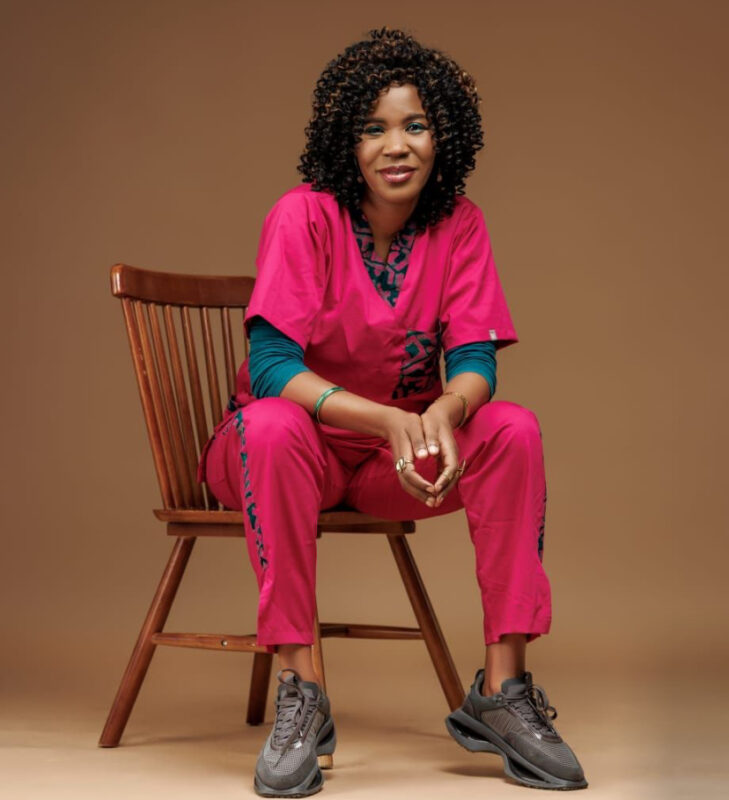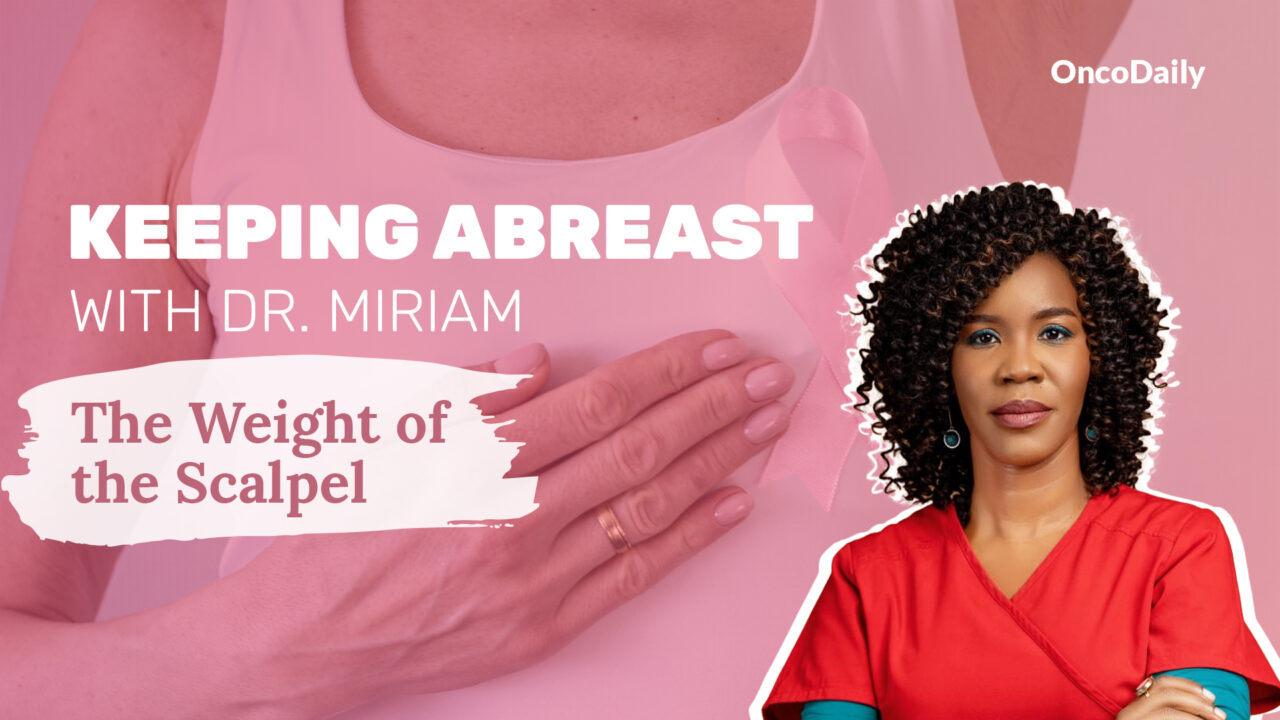Miriam Mutebi, Assistant Professor in the Department of Surgery at the Aga Khan University Hospital in Nairobi, shared on LinkedIn:
“The Weight of the Scalpel: My Journey as an African Woman Oncology Surgeon
↳ Every time I hold the scalpel, I feel its weight—not just as a tool for healing, but as a testament to the journey that brought me here.
Being a female oncology surgeon–and African, is rare; the statistics speak for themselves.
→ According to PubMed Central, African female surgeons comprise 7% of the surgical workforce, with only 3 female surgeons per million people.
While accurate and up-to-date statistics on the number of ‘female oncology surgeons in Africa’ are limited, it is evident, glaringly so, that women are underrepresented in the surgical field across the continent.
But this isn’t just about statistics.
1. Globally, 9 out of 10 people lack access to safe, timely, and affordable surgery, with the greatest burden falling in Africa and Southeast Asia.
2. Of cancer patients, 80% will require a surgical procedure at some point, and over a third, will need multiple procedures.
3. And then we have the challenges unique to African women in surgery—i.e. navigating cultural expectations, systemic barriers, and the unspoken pressure of being one of a few.
Women play a critical role in tackling some of our sociocultural barriers.
I’ve witnessed African grandmothers hesitant to discuss critical symptoms like vaginal bleeding (which could be a sign of Cervical or uterine cancer), with male doctors old enough to be their grandchildren, because of cultural taboos.
Others are reluctant to have their breasts examined by Health Care Workers (HCWs) of the opposite gender, leading to delays in diagnosis.
In such cases, having women in surgery is not just an advantage; it’s ESSENTIAL.
Women surgeons bring skill AND an ability to bridge diverse cultural gaps and improve access to care.
Yet, the path is fraught with obstacles.
↳ This past year, I faced moments of doubt, when the weight of the scalpel felt heavier than ever, when we lost patients we thought would see another Christmas, or when we ‘lost them’ because they couldn’t afford immediate surgical care.
On the flip side, we’ve thankfully seen triumphs, with patients being declared cancer-free and sending gentle season greetings cataloging their number of years post-surgery and their initial treatments.
And so, I remain inspired to re-learn resilience and the value of perseverance.
As 2025 settles in, I am also reminded why I do this—to save lives, make an impact, inspire others, and open doors for more African women in surgery.
It is why organizations like the Pan African Women Association of Surgeons (PAWAS) are critical in this journey, supporting and mentoring women to step into these vital roles. More on www.PAWAS.org in a future post.
→ YES. The weight of the scalpel is heavy. But it’s a weight I continue to bear with pride.
Repost if you liked this. HAPPY NEW YEAR friends!”

Miriam Mutebi is a Breast Surgical Oncologist and Assistant Professor in the Department of Surgery at the Aga Khan University Hospital in Nairobi, Kenya. She is the President of the African Organization for Research and Training in Cancer (AORTIC), and past president for Kenya Society of Hematology and Oncology (KESHO) and on the Board of Directors of the Union for International Cancer Control (UICC).
She is the co-founder of the Pan African Women’s Association of Surgeons and is part of the Kenya Association of Women Surgeons. She is an avid supporter for the education and support for women, especially in surgery and she aims to provide mentorship for women in surgery and to improve women’s health and surgical care in Africa. She is currently pursuing a pilot’s license in order to extend breast care services to marginalized areas.


